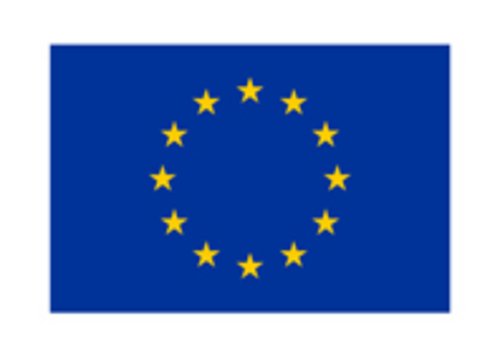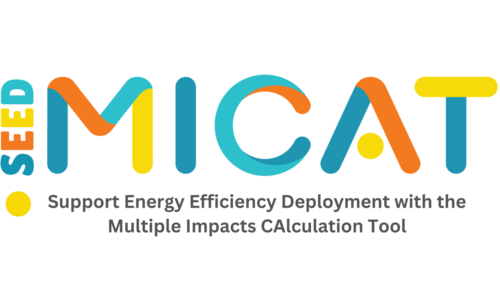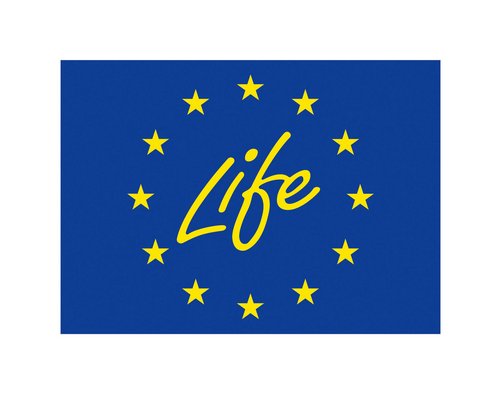The project "SEED MICAT – Support Energy Efficiency Deployment with the Multiple Impacts CAlculation Tool" aims to support the EU and its Member States at all governance levels in including Multiple non-energy Impacts – i.e. economic, social and environmental effects – in their operationalisation and implementation of the Energy Efficiency First (EE1) principle. Solid methods and user-friendly tools aim to enable a broad application of the principle.
The consideration of multiple impacts (MI) when setting climate targets suggests a rapid phase-out of fossil fuels. However, individual pathways to climate neutrality with different contributions from energy efficiency and renewable energies can differ significantly in terms of these impacts. For this reason, the project expands the analysis of MI: While the preceding project MICAT focused on energy efficiency, the researchers extend the analysis of MI in SEED MICAT to the supply side, i.e. renewable energies. SEED MICAT also includes replication analysis and capacity building to support the operationalization and broader application of the EE1 principle at different levels of governance: local, national and EU level.
The Wuppertal Institute is responsible for the development of the overarching methodological framework and the quantification of several MI, including the impact on energy poverty and resources. In addition, the researchers develop a guideline for using the SEED MICAT tool as well as capacity building materials for stakeholders.
SEED MICAT is funded by the European Union under project ID 101120599. Views and opinions expressed are however those of the author(s) only and do not necessarily reflect those of the European Union or the European Climate, Infrastructure and Environment Executive Agency (CINEA). Neither the European Union nor the granting authority can be held responsible for them.



Further project information
Links
Project team
Co-ordination
Staff
Client/sponsor
Project partner
- Agenzia Nazionale per le Nuove Tecnologie, L'Energia e o lo Sviluppo Economico Sostenibile (ENEA)
- E3 Modelling
- Fraunhofer-Gesellschaft zur Förderung der Angewandten Forschung e.V.
- Institute for European Energy and Climate Policy (IEECP)
- International Institute for Applied Systems Analysis (IIASA)
- Istituto di Studi per l'Integrazione dei Sistemi (ISINNOVA)
- Ricerca sul Sistema Energetico - RSE S.p.A.
- SEVEn - The Energy Efficiency Center
